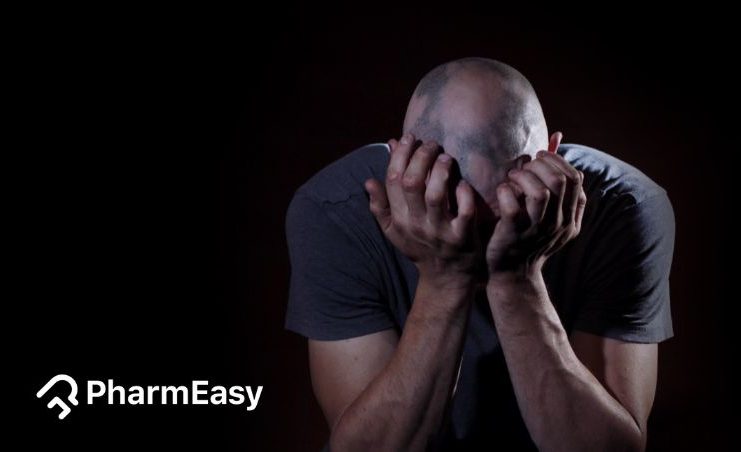Alopecia And Its Profound Effects On Patients
By Saksham Bhatia +2 more

Get more insightful and
helpful tips to
treat Diabetes for FREE



Download PharmEasy App




Register to Avail the Offer
Send OTPBy continuing, you agree with our Privacy Policy and Terms and Conditions
By Saksham Bhatia +2 more
Hair loss is a common yet often misunderstood condition that affects millions of individuals worldwide. Alopecia is used as an umbrella term for hair loss due to different concerns. Of the many types of alopecia, alopecia areata (an autoimmune condition) stands out as a significant concern, impacting not only physical appearance but also the emotional and psychological well-being of those affected.

In this article, we will delve into the intricacies of Alopecia, exploring lesser-known facts about the condition and shedding light on its profound effects on patients. So, let’s embark on this journey to better understand and empathise with those experiencing hair loss.
Table of Contents
Alopecia refers to the partial or complete loss of hair, which can occur on the scalp or other parts of the body. It encompasses a spectrum of conditions, each with its unique characteristics and underlying causes. It can be due to –
A dermatologist will diagnose the type of Alopecia and suggest the treatment. Some types of hair loss are temporary and reversible, while others are not.
Hair loss goes beyond a mere aesthetic concern; it can have profound psychological effects on individuals. The emotional toll associated with hair loss is often underestimated. Here’s an insight into its impact:
1. Self-esteem and body image:
– Hair loss can lead to a significant blow to self-esteem, affecting how individuals perceive themselves.
– Struggling with body image issues can result in social anxiety, withdrawal and reduced confidence.
2. Emotional well-being:
– Hair loss can evoke a range of emotions, including sadness, frustration and embarrassment.
– Coping with these emotions may lead to stress, anxiety and even depression.
Coping strategies and practical tips:
While hair loss can be challenging, there are strategies and practical tips that individuals can adopt to manage its effects. Consult a dermatologist early on for the best possible treatment.
1. Seek support:
– Connect with support groups or online communities where you can find empathy and share experiences.
– Talking to friends, family or a therapist can provide emotional support and help alleviate distress.
2. Embrace your appearance:
– Experiment with different hairstyles, headscarves or accessories to enhance your confidence and embrace your unique beauty.
– Focus on qualities beyond physical appearance, nurturing self-acceptance and self-love.
3. Explore treatment options:
– Consult a dermatologist who specialises in hair loss to explore potential treatment options.
– Medications, topical treatments and hair restoration procedures may offer promising results in specific cases.
4. Hair toppers and wigs:
With its multifaceted nature, Alopecia may transcend the boundaries of mere physical changes and touch the core of a person’s identity. Society needs to foster empathy and understanding toward those affected by severe hair loss.
We can build a more compassionate and supportive environment by shedding light on lesser-known facts about Alopecia and acknowledging its psychological impact. Remember, there is hope and various coping strategies and treatment options are available to help individuals navigate their journey with hair loss. Together, let us embrace diversity and empower those battling Alopecia to live their lives with confidence and resilience.
Also Read: What is Botox for Hair: The Guide to Transformative Hair Care
Disclaimer: The information included on this site is for educational purposes only and is not intended to be a substitute for medical treatment by a healthcare professional. Because of unique individual needs, the reader should consult their physician to determine the appropriateness of the information for the reader’s situation.
References
Comments